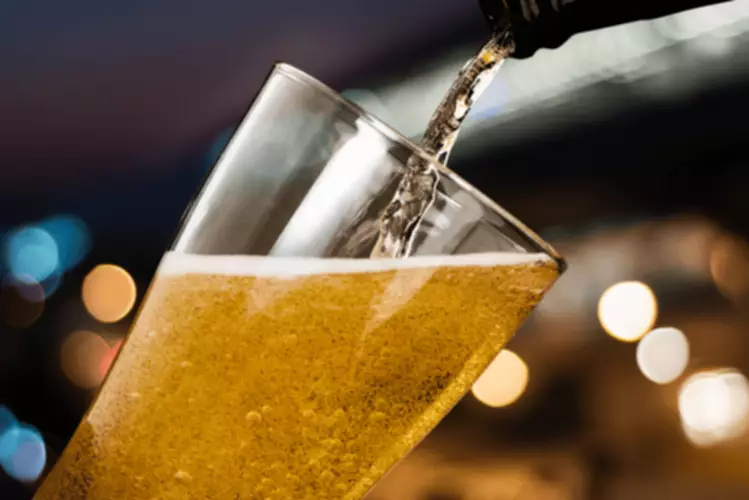Five Alcoholic Types in Alcoholism

Alcoholism is a serious illness, the development of which occurs in several stages. With alcoholism, a variety of symptoms can occur, ranging from the person drinking more and drinking longer than intended to the onset of withdrawal symptoms. A distinctive feature of the disease is pathological craving for alcoholic beverages, physical and psychological changes in the body.

Types of Alcoholics
Addiction and problem behavior researchers have identified several types of alcoholics, each with a specific set of symptoms. Scientists originally believed that drinking problems varied with age. To create a classification of alcoholic individuals, they analyzed data on people aged 18 to 64 years who had been diagnosed with alcoholism. As a result, the specialists identified the typical types of alcoholics.
According to their research, there are actually five types of alcoholism, where each type is characterized by specific symptoms. A person can correspond to each of these types at different stages of life. While each type was seen in people of all ages, some were more common at certain times in life. It was noted that young people are more likely to fall under the third or fourth classification of alcoholic types, while individuals over 50 years old were usually classified as type one or two. This partially proves a theory that the drinking problems vary depending on the age of the alcoholic.
Let’s review what types of alcoholics the researches came up with:
- Type one – Young Adult
About a third of American alcoholics fall under this subtype. These are young adults who became alcoholics by age 20 and do not see a need for receiving help for their dependence. Although these individuals do not drink as often as others, if they do drink, then it is likely to be binge drinking.
- Type two – Young Antisocial
This is the second-largest subtype of alcoholics and accounts for about 21% of alcoholics in the U.S. On average, these individuals became alcoholics slightly earlier in their life than the first group – just 18 years old. They are likely to have an antisocial personality and have other bad habits, including smoking pot and tobacco.
- Type three – Functional
Alcoholism has little effect on the lives of the study participants: although people in this group reported many symptoms, they stated that drinking did not interfere with their family, friends, work, or hobbies. These are usually middle-aged individuals who make up 19% of alcoholics.
- Type four – Intermediate Familial
Although individuals who fall under this subtype became alcoholics only in the early 30s, they began drinking by age 17. A unique characteristic is that almost half of these alcoholics have who are also alcoholics.
- Type five – Chronic Severe
This category of alcoholics is made up of mainly men. They are very often divorced and in many cases also use illicit drugs. Although this is an image of an alcoholic most people have in their minds, they make up only 9% of all alcoholics in the United States.

Take back control of your life and start on the road to recovery now.
Help for All Types of Alcoholism
The treatment of alcoholism, no matter what type of alcoholics one falls under, is carried out in a comprehensive manner. Drug detoxification allows one to cope with addiction at the physical level, but psychological addiction has to be dealt with using completely different methods.
Getting free from physical dependence requires much less time. The course of treatment usually does not exceed 5-10 days. Helping alcoholics to get free from psychological dependence takes much more time and can last from several months to several years. Avoiding alcohol is a critical step in treating addiction. Yet, this is just the first step of a long journey.

A person who is faced with a disease such as alcoholism will have to make important decisions every day. That is why psychological assistance to alcoholics is an extremely necessary measure that will:
- allow one to find out the reasons underlying the development of the disease;
- teach the alcoholic to properly build relationships with relatives and people around them;
- help to develop self-confidence to face difficult life situations, without alcohol;
- make it possible to understand the driving reasons that affect the behavior of each and all types of alcoholics;
- teach one how to control behavior, desire, and emotions;
- allow one to feel confident in one’s abilities and teach to be responsible for one’s actions.
Psychological support for alcoholics allows one to make the results of treatment long-term, completely get rid of addiction and prepare a person for returning into society and a life without alcohol.
It is not an easy task and takes time to restore health and normal life to an alcoholic, but it is quite possible to get rid of the addiction to alcohol and start life from scratch no matter how one’s dependence is classified by the specialists.




